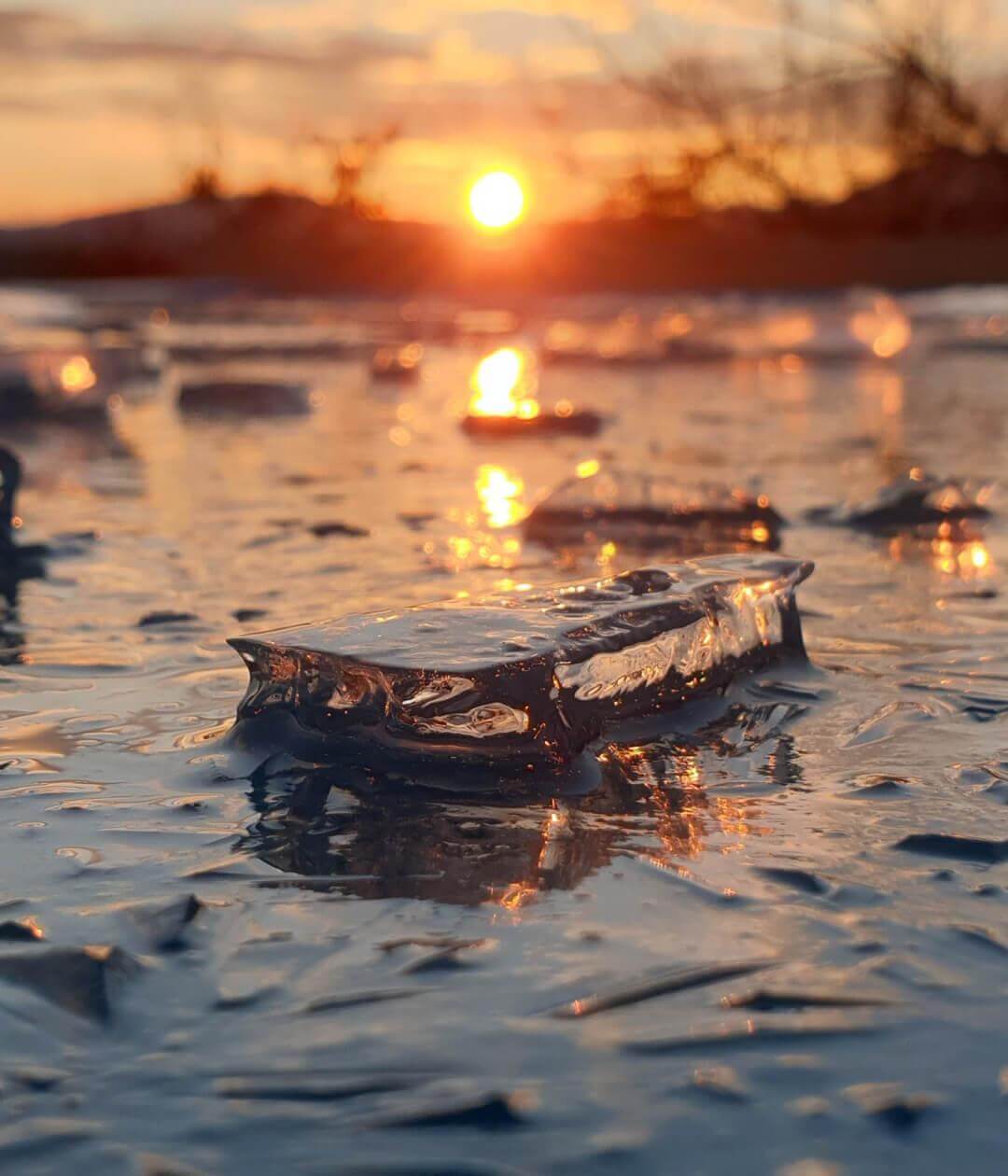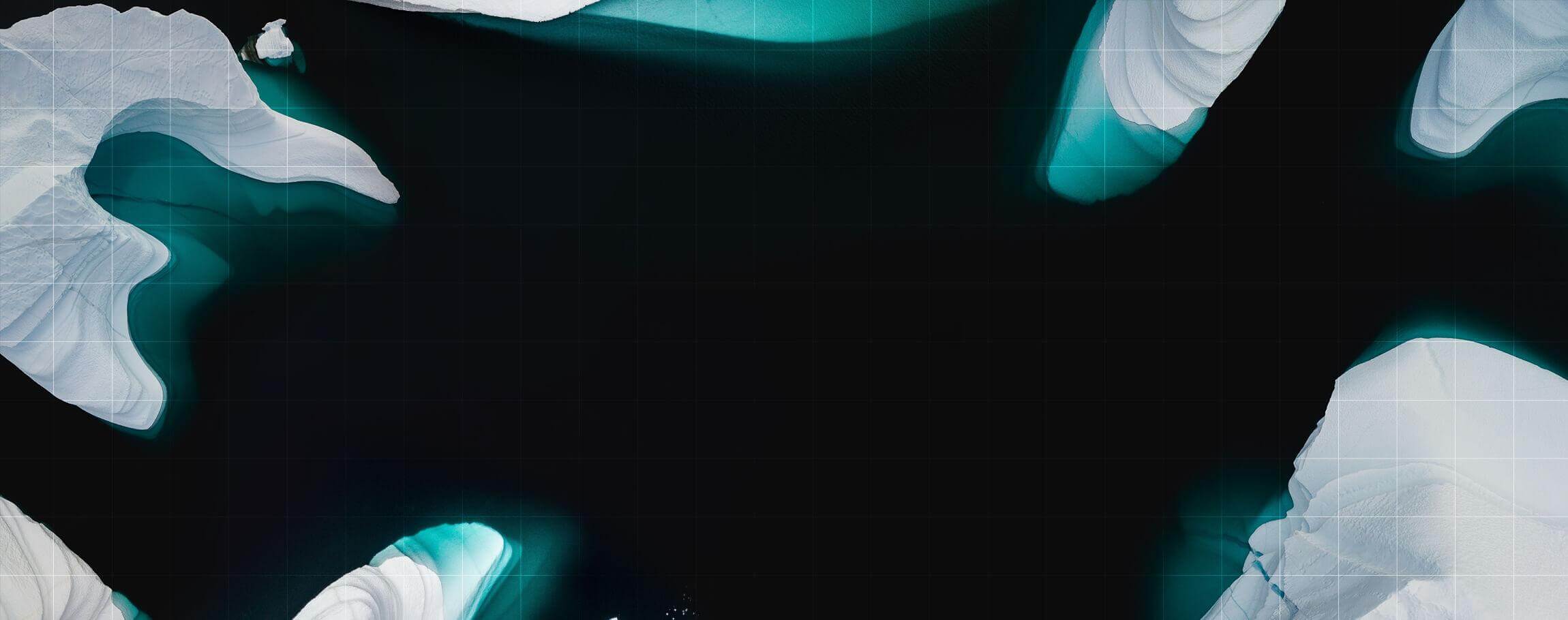About BIDMaP

The Bakar Institute of Digital Materials for the Planet (BIDMaP) accelerates the discovery, development, and deployment of advanced materials to address some of the most urgent challenges facing our planet. By combining cutting-edge chemistry with artificial intelligence, machine learning, and robotics, BIDMaP is reimagining how materials can be designed and optimized for clean energy, clean air, clean water, advanced batteries, and sustainable chemical production.
Our researchers are pioneering new methodologies that speed up materials discovery at unprecedented rates. From developing catalysts that convert carbon dioxide into fuels and sustainable plastics, to engineering materials that extract water from the atmosphere, BIDMaP's mission is to transform the way we tackle environmental and energy problems through AI.

BIDMaP’s work spans a diverse portfolio of materials, including metal-organic frameworks (MOFs) and covalent organic frameworks (COFs)—crystalline, ultra-porous structures known for their precision in capturing and converting specific molecules such as CO₂ and water. With the help of AI-powered generative models and autonomous labs, researchers are now able to design and test these frameworks faster than ever before.
Beyond MOFs and COFs, BIDMaP is advancing catalysis, electronic materials, and novel synthesis methodologies to enable next-generation solutions in carbon management and sustainable manufacturing. Whether it’s developing CO₂ refineries powered by renewable energy or building intelligent robotic labs to accelerate discovery, BIDMaP is charting a bold new course for materials science in service of the planet.
News
Your gift will help support research that accelerates the discovery, development, and deployment of advanced materials to address some of the most urgent challenges facing our planet.





